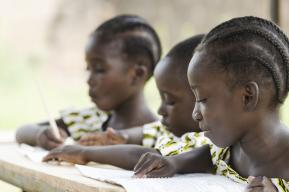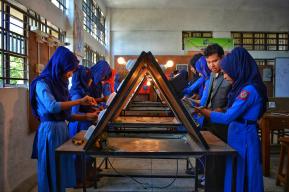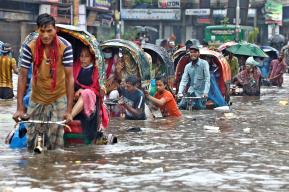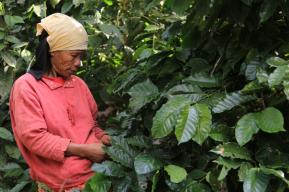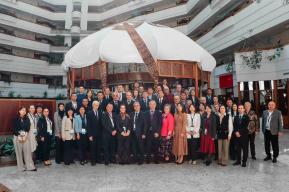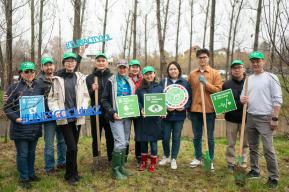
Sustainable Development
What is sustainable development ?
Some of the key actions taken by UNESCO for sustainable development include:
- Education for Sustainable Development (ESD): UNESCO provides education programs and resources to help people understand and address the environmental, social, and economic challenges of sustainable development.
- Heritage Preservation: UNESCO works to preserve cultural and natural heritage sites, such as World Heritage sites, in order to promote sustainable tourism and cultural exchange.
- Scientific Cooperation: UNESCO promotes scientific research and cooperation to support sustainable development and address global environmental issues, such as climate change and biodiversity loss.
- Media and Information Literacy: UNESCO works to enhance media and information literacy to empower people to participate in the sustainable development discourse and make informed decisions.
- Cultural Diversity: UNESCO promotes cultural diversity as a fundamental aspect of sustainable development, recognizing the importance of cultural expression and heritage in fostering social cohesion and a sense of identity.
- Gender Equality: UNESCO recognizes gender equality as a key component of sustainable development and works to eliminate gender-based discrimination and empower women and girls.
Key challenges
History of UNESCO and Sustainable Development
UNESCO (United Nations Educational, Scientific and Cultural Organization) has a long history of promoting sustainable development. The organization was founded in 1945 with the aim of promoting peace and security through international cooperation in education, science, and culture. Over the years, UNESCO has expanded its focus to include sustainable development as a key area of work.
In the 1980s and 1990s, UNESCO began to play a major role in promoting sustainable development through its programs and initiatives. This was largely in response to growing concerns about environmental degradation and the need for more sustainable forms of development. In 1987, UNESCO launched the Man and the Biosphere (MAB) program, which aimed to promote sustainable development and the conservation of biodiversity.
In the 1990s, UNESCO also played a leading role in promoting education for sustainable development (ESD). The organization developed the Global Action Programme (GAP) on ESD, which aimed to integrate sustainable development into education systems around the world.
UNESCO continued to promote sustainable development in the 21st century, including through its work on water, biodiversity, and sustainable tourism. The organization also played a key role in the development of the United Nations' 2030 Agenda for Sustainable Development and the Sustainable Development Goals (SDGs).
Overall, UNESCO's history of promoting sustainable development reflects its commitment to using education, science, and culture to address global environmental, social, and economic challenges. The organization continues to work towards a more sustainable future through its programs and initiatives, which aim to support the integration of sustainable development goals into various fields and sectors.




